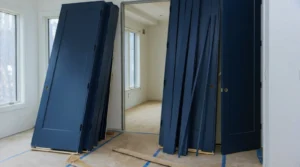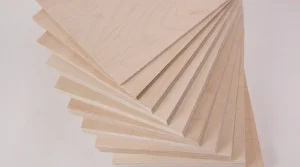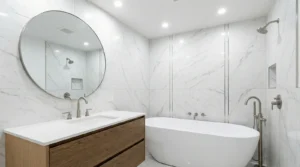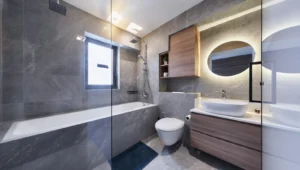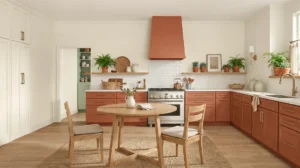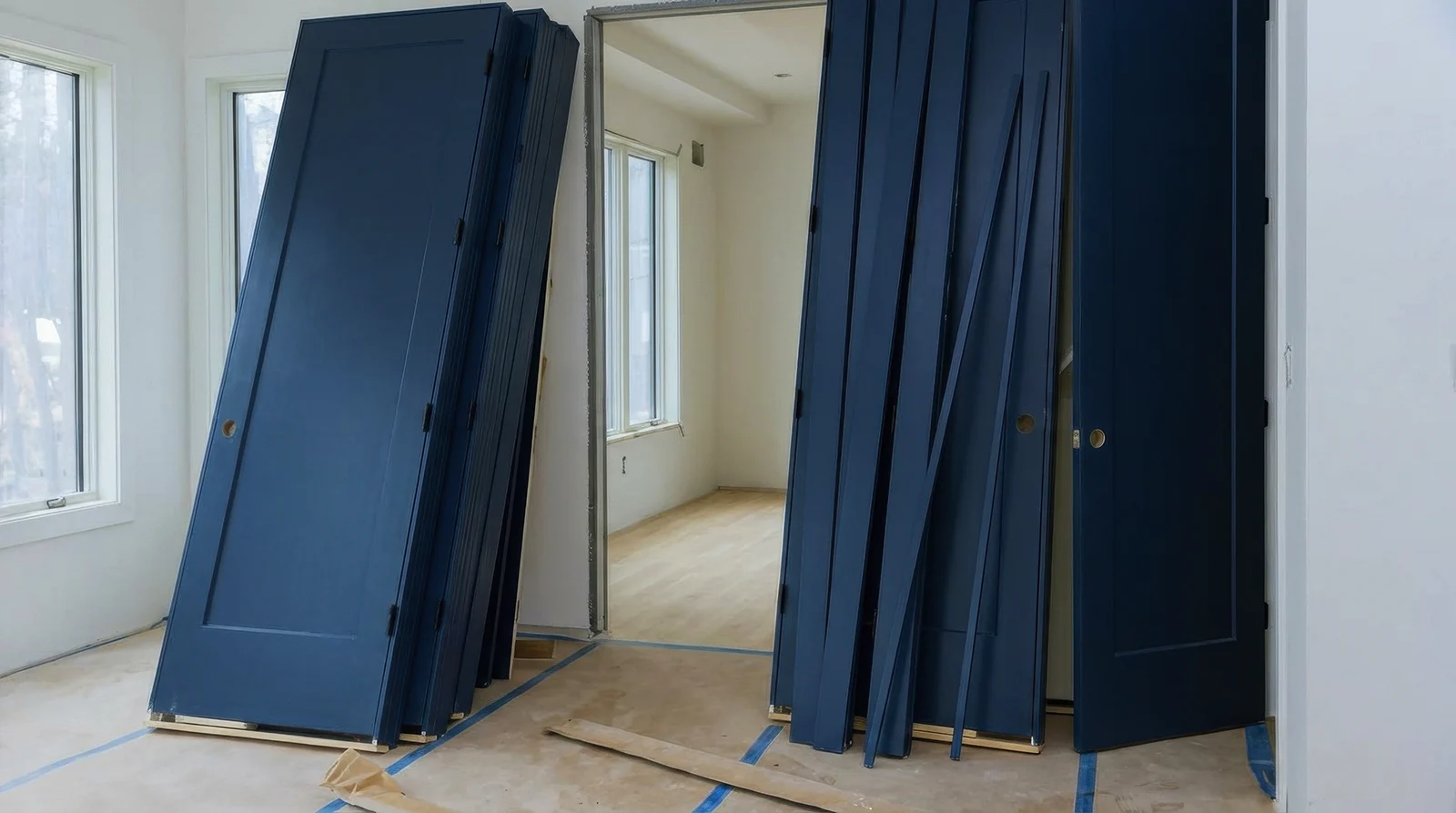Navigating Building Permits for Home Extensions
Extending your home is an exciting venture, but understanding the building permit process can be intimidating. The guide below will explain the types of permits for home additions, the home addition permit process, and typical difficulties that may arise in the process.
What Are Home Extensions Building Permits?
Home extension building permits are official approvals from your local authorities necessary to construct, enlarge, alter, repair, move, or demolish a building or structure. Such permits confirm that construction will proceed per local building and zoning codes, protecting public health, safety, and general welfare. The ultimate obtained of such permits is an important stage of your home extension for housing.
Types of Permits Needed for Home Extensions
Permits would likely depend on the scope of your home expansion project. Some common licenses include:
- Building Permit: This is the most involved permit, used for structural alterations, electrical, plumbing, and mechanical systems. It is needed for major remodels and construction.
- Electrical Permit: Required for new electrical installations, modifications, or upgrades. This permits work around electricity according to safety standards.
- Plumbing permit: For new plumbing systems or major modifications to existing plumbing systems.
- Mechanical Permit: This permit is for HVACs and other mechanical systems. It verifies that your heating, ventilation, and air conditioning systems are installed correctly.
Before starting your project, it is important to know what permits are needed for an extension to a house. The permits refer to certain details of the construction, which must comply with regulations and safety guidelines.
Verifying If a Permit Is Needed in Your Municipality
Individual municipalities will have their own rules and regulations regarding building permits. To find out what’s required in your area, you’ll want to visit your local building department or planning office, where you can ask about permit requirements. Many local governments also list information on websites, where you can usually find guidelines, application forms, and fee schedules. If you are not sure how to find out these details, you could look for architects, contractors, or engineers who work in your location. These professionals can provide valuable guidance and help ensure that your project complies with all relevant regulations.
Knowing what exactly is involved with the home addition permit process in your municipality can help you streamline your project as well as ensure compliance. You can visit CBS Renovation for details on home extensions.
The Application Process
The permit for addition to house involves several steps. Gather all the required documents like site plans, construction drawings, and specifications. Proper and complete documentation is vital for a successful submission. In the following steps, fill in the basic information on the permit application form and submit it alongside the required documents at your local building department.
The building department will then review your application and plans to ensure compliance with local codes and other regulations. This review could involve peer review or expert relativity to verify the technical side of your plans. After approval, you’ll receive the permit, and you’ll be able to start building. Several inspections will be performed throughout the construction process to ensure everything complies with approved plans and codes. These are important to prevent any issues from the get-go and to make sure the project is doing things safely.
So getting the application process right is essential to avoid any holdups and help make your project run smoothly. For more specific help, experts at CBS Renovation can help you throughout the entire process.
Activities That Don’t Require a Permit
Many projects will need permits, but some minor activities are probably exempt. Activities that commonly fall under this list of exempt or “permit-free” buildings are:
- Cosmetic repairs: Repairs that are cosmetic, such as painting, wallpaper, or flooring. Such tasks are primarily cosmetic and do not require formal approval.
- Sheds: Depending on local regulations, small, detached structures—such as garden sheds or playhouses—may not require permits. Of course, it’s always a good idea to check the specific requirements because every state differs.
- Landscaping: Landscaping and basic garden work, such as planting trees, shrubs, or other gardening, usually do not require permits.
Always check with your local building department to see if your project counts as qualifying for permit exemptions. Every municipality has different regulations, so what may qualify for an exemption in one may require a permit in another.
Frequent Issues and How to Avoid Delays
Applying for a house addition permit can be problematic. Below are common problems and possible solutions to avoid slowdowns:
- Lack of Required Documentation: Check that you have provided all of the necessary documents. Delays are often caused by missing or incorrect information.
- Lack of compliance with codes: Check for limits in your region and make sure your plans follow all rules. Failure to comply can mean rejected applications and expensive rewrites.
- Delays in Inspections: Schedule inspections in advance and be fully prepared for each stage of the construction process. Timely inspections can avoid project stoppages.
- Inadequate Communication: Communicate regularly with your contractors, inspectors, and the building department to resolve any issues immediately. Effective communication can solve issues quickly, especially in the early stages of the project.
Conclusion
The steps to getting permits for home additions may feel overwhelming, but knowing the requirements as well as preparing properly is a lot more digestible. Whether you’re figuring out how to get permission to add on to a house, determining what permits are needed for an extension to a house, or applying for a permit for addition to house project, following local regulations is key. Being informed and organized will make your experience



